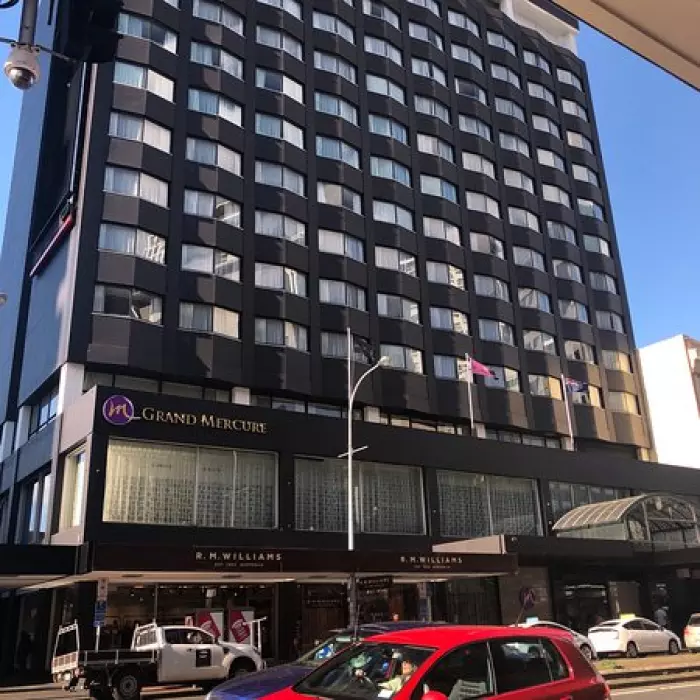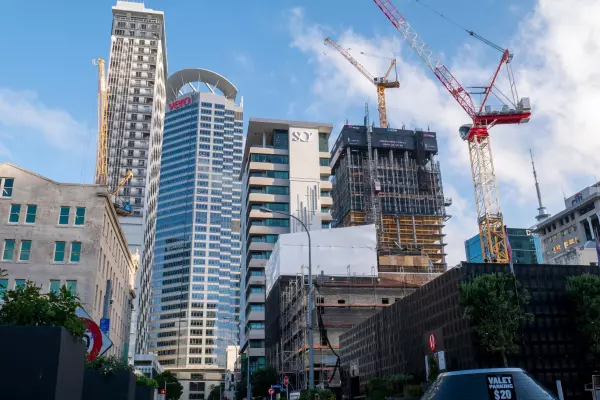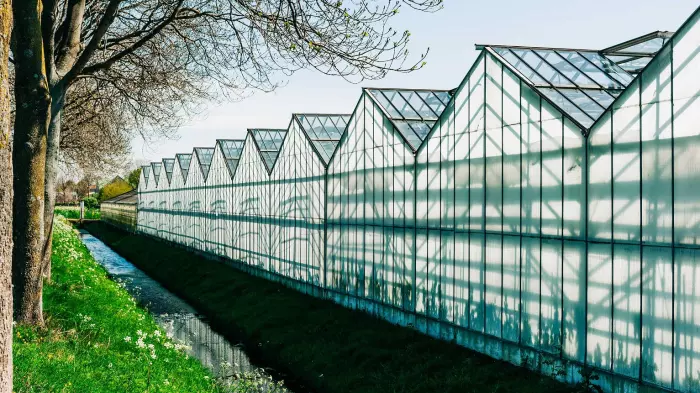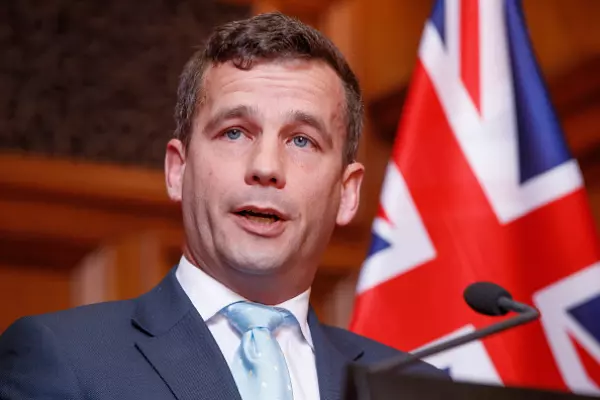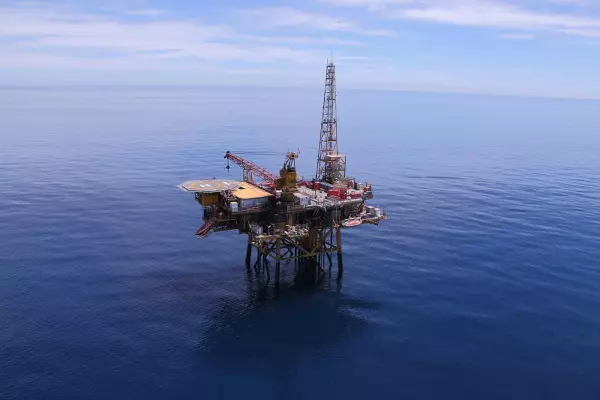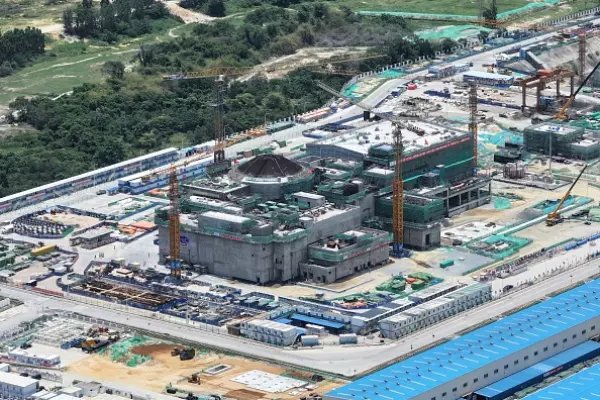The cost of New Zealand's quarantine programme remains under wraps, as the Ministry of Health continues to rent out 17 hotels for people returning from overseas.
There is a growing view that NZ’s clean bill of health represents a huge drawcard for multinationals, international students, film studios and sports teams but that the government is still adopting a 'fortress NZ' mentality.
NZ Initiative chair Roger Partridge said the country needs to do more to take advantage of its covid-19 free status.
That concern is shared by Foreign Minister Winston Peters, who said it is “time to take some risks” when asked about the delays in opening the Australia-NZ corridor.
“I accept we aren’t quite there yet in terms of biosecurity standards and transportation protocols, but there is no reason we can't be ready in July,” he told a recent trans-Tasman Business Circle briefing.
Minister for Economic Development Phil Twyford, who has yet to approve the entry into NZ of America’s Cup challengers and who has scuttled a number of the “handful of applications” that come across his desk, cites the limitation on the number of non-Kiwis through the border as “a lack of available quarantine capacity.”
Twyford told Parliament's economic development, science and innovation select committee last week that the bar was “set very high” for workers and others entering the country, but said that over time, “we’ll work to build our quarantine capacity.”
It is unclear what kind of capacity is required, but a Health Ministry spokesperson told BusinessDesk that the number of international arrivals being accommodated in isolation “varies day by day by the hundreds.”
The spokesperson said there were currently 3,395 people either in managed isolation or quarantine. The vast majority of those are returning residents.
Shoe boxes
Nor is it clear what parameters are being set on NZ citizens who want to return home.
One Kiwi, who has been living and travelling in Europe for several years, caught a flight out of Heathrow to Auckland Airport four days ago. He has been staying in a suite at the Grand Mercure hotel, overlooking Auckland harbour.
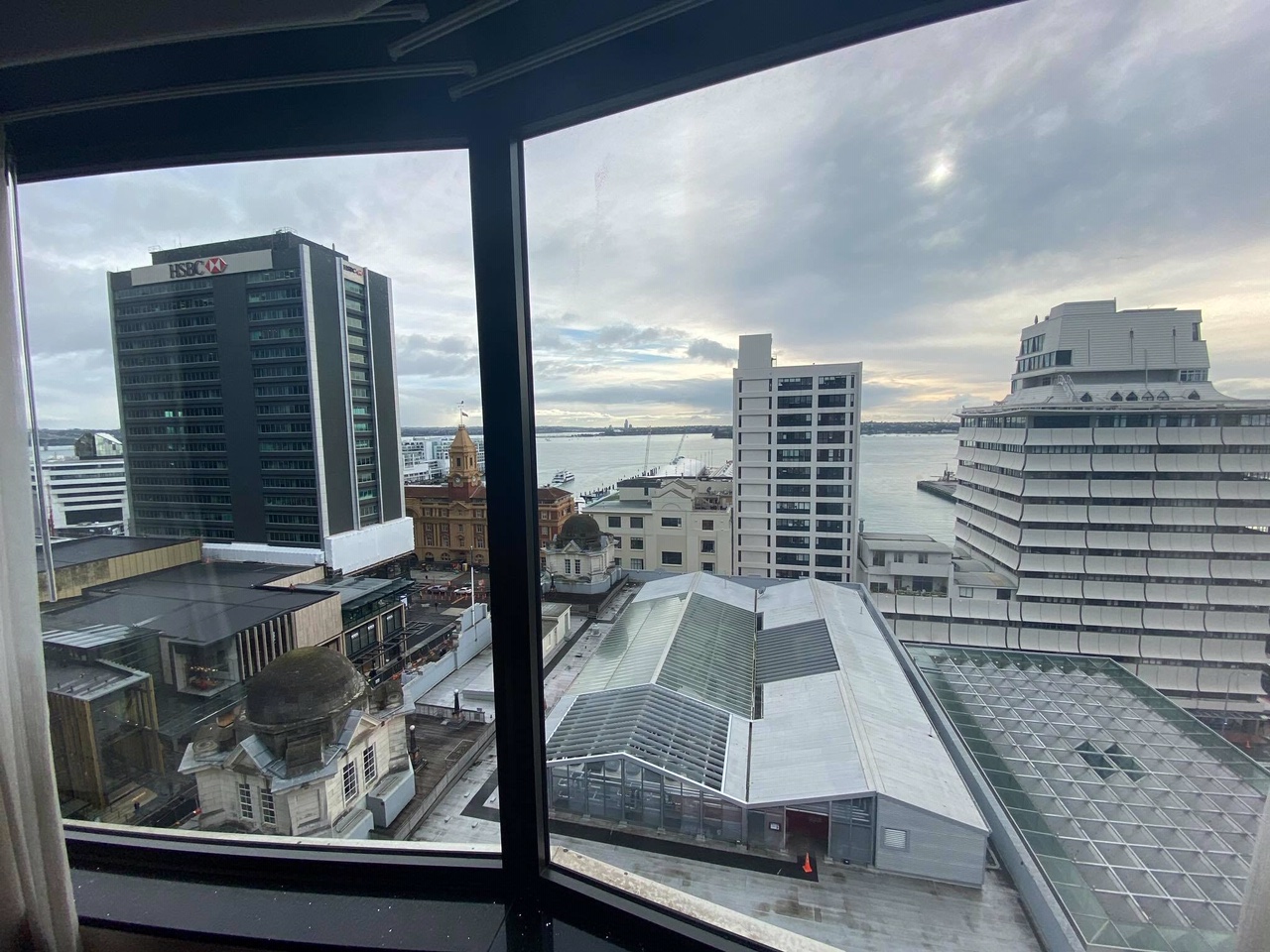
While the room had been neglected and wasn’t really very clean, he considered himself lucky “as friends and people I met on the plane have ended up in shoe boxes” for the full 14-day isolation. “Plus it’s not like I’m paying for it.”
As to plans post quarantine, he said “I think I’ll rent a motorhome and travel around a bit. There are some good deals at the moment.”
The Grand Mercure is one of 15 hotels in Auckland and in two Wellington which have a contract with the Ministry of Health for the purpose of quarantine.
It also supplies a taxpayer-funded restaurant-style menu to its quarantined guests, although international guests are expected to foot their own bill.
Booze, by contrast, is ordered and paid for through room service - albeit at prices closer to retail.
More hotels
The ministry spokesperson said the 17 hotels have a combined quarantine capacity of 4,194. Another two hotels will be stood up in Christchurch from next week, and there were “contingency plans” to stand up more in Auckland as needed.
She said the terms of the contract between the ministry and the individual hotels were “commercially sensitive.”
But based on online “off the rack” advertised prices, the best deal for a room at the Grand Mercure is $202 per night.
Excluding food, that equates to a cost for 14-days of $2,800 per person, or about $9.5 million for each two-week cycle.
One industry source said hotel owners are pitching themselves to the government to get the contracts.
Hotel Owners Association executive Amy Robens said while the bookings may have been a “quick fix” for some hotels, there are 250 hotels with more than 50 rooms in the country and there is a really long road ahead for recovery.


